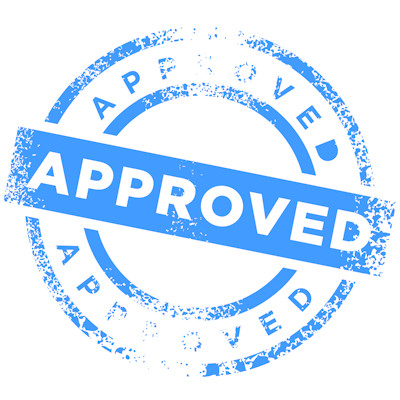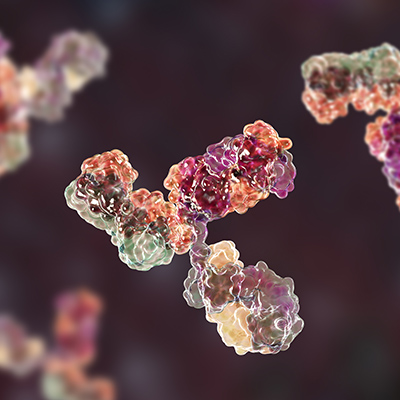February 8, 2022 -- Solid tumors are particularly difficult to treat due to their ability to evade detection by the immune system. And even if these tumors are detected, immune cells often struggle to efficiently attack them at their core, leading to continued growth. Despite these roadblocks, companies such as 2seventy bio, Bristol Myers Squibb, and Transgene are rising to the challenge through collaborations and investments into technology to treat solid tumors.
Cancer remains a significant health challenge for people around the globe, currently accounting for 1 in 6 deaths worldwide. The disease, characterized by abnormal and uncontrolled cell division, leads to serious consequences and is often fatal due to its complexity and difficulty to treat.
2seventy bio and Regeneron
2seventy bio is an immuno-oncology cell therapy company focused on discovering and developing novel therapies for the treatment of cancer. The company's cell therapies are designed with a strong understanding of cancer cell metabolism, genomics, and immunology to outsmart and outrace rapidly multiplying cancer cells.
To push this goal forward, 2seventy bio has entered into a strategic collaboration with Regeneron to develop a CAR-based solid tumor program. The program utilizes a bbT4015-engineered CAR T-cell therapy targeting MUC16, which is an extracellular protein expressed on greater than 80% of ovarian tumors.
This program is part of a broader collaboration between the two companies to combine Regeneron's antibody technologies with 2seventy bio's cell therapies. As part of the deal, the two companies split the cost of progression into the investigational new drug stage, with Regeneron taking a 50% stake in some targets.
Additional financial details of this collaboration were not disclosed.
Bristol Myers Squibb and ArsenalBio
Bristol Myers Squibb is a global biopharmaceutical company focused on discovering, developing, and delivering innovative medicines for a variety of serious diseases. The company has made strides in disease areas related to cardiovascular health, immunology, and oncology, to name a few.
To expand on its innovations in the realm of oncology, specifically with solid tumors, Bristol Myers Squibb has entered into a multiyear discovery collaboration with ArsenalBio. Through this collaboration, the companies will be advancing next-generation T-cell therapies for the treatment of solid tumors.
Bristol Myers Squibb will exercise the option to obtain an exclusive worldwide license to develop and market preclinical candidates for solid tumor treatment. Furthermore, Bristol Myers Squibb will make an upfront cash payment of $70 million to ArsenalBio in addition to an undisclosed investment into the company. ArsenalBio will also be eligible for additional payments and royalties.
Additional financial details of the collaboration were not disclosed.
Transgene and PersonGen Biotherapeutics
Transgene is a clinical-stage biotechnology company headquartered in Strasbourg, France. The company is focused on developing novel immunotherapies for the treatment of cancer. Some of Trangene's technologies include therapeutic vaccines and oncolytic viruses against solid tumors, as well as head and neck cancers, colorectal cancers, liver cancers, and lung cancers.
Transgene has partnered with PersonGen Biotherapeutics to further develop its treatments related to solid tumors. Specifically, the two companies will evaluate Transgene's oncolytic virus therapy in combination with PersonGen's CAR T-cell therapy in solid tumors.
The partnership will involve assessing the feasibility and efficacy of treating solid tumors using armed oncolytic viruses developed on Transgene's Invir.IO platform and PersonGen's autologous CAR T-cell therapy, TAA06. This collaboration uniquely demonstrates the synergy of two cutting-edge technologies in the field of therapeutic development for targeting solid tumors: CAR T-cell therapy and viral vector engineering.
Financial details of this partnership were not disclosed.
Among the various forms of cancer, solid tumors are notoriously difficult to treat. However, through continued investments and partnerships into novel therapies by companies like 2seventy bio, Bristol Myers Squibb, and Transgene, science and medicine can see great progress regarding treatment options in the future.
Additionally, the market for innovative therapeutics to treat solid tumors is constantly expanding, with T-cell therapies being a prime example shared between the three companies. Further investment into these therapies is likely to change the outcomes for patients with solid tumors for the better as we see more developments in this area over time.
To stay up to date on the latest business happenings in the cell and gene therapy industry, check out Cell and Gene Therapy Business Outlook today!
Copyright © 2022 scienceboard.net










